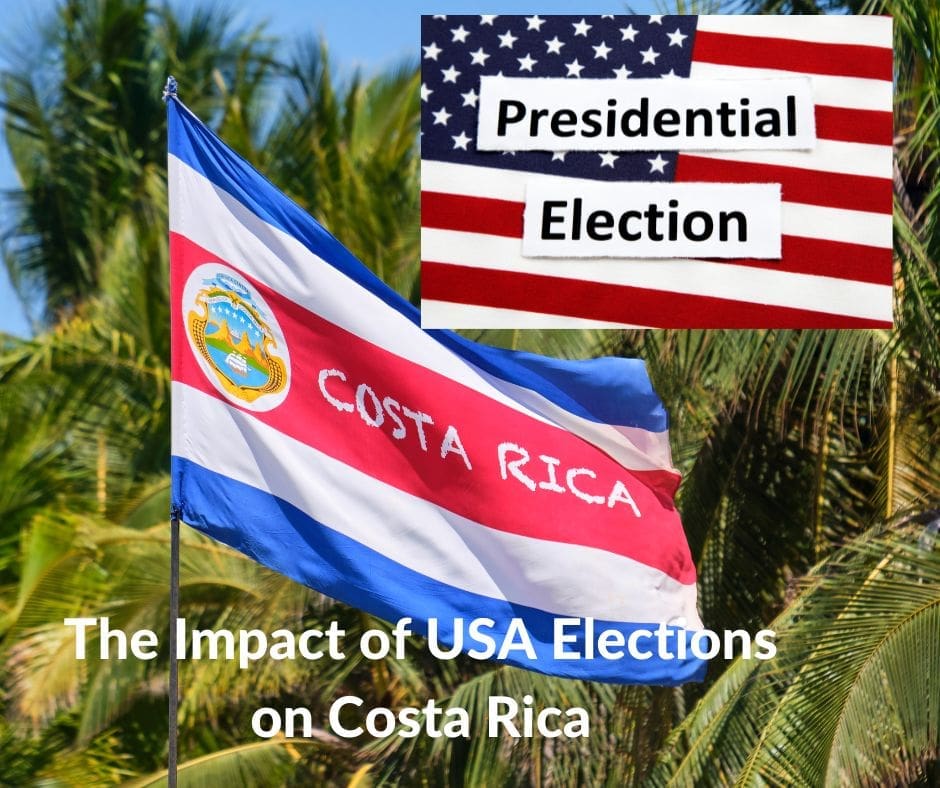
Do Political Issues in the United States Affect Costa Rica?
In recent years, political discourses emanating from the United States have reverberated on a global scale, shaping dialogues and influencing policy directions in various nations, including Costa Rica. The interconnectedness of today’s world dictates that the political dynamics in a superpower such as the United States invariably foster ramifications that echo in Costa Rica’s corridors of power, economic cycles, and the societal ethos. In this comprehensive exploration, we delve into the subtle and pronounced ways in which political issues in the United States affect Costa Rica, sketching an informed landscape for policymakers, scholars, and the discerning public.
Economic Resonance and Trade Policies
A critical facet that showcases the intertwining fates of the United States and Costa Rica is the economic sphere. **Trade agreements** such as the Dominican Republic-Central America Free Trade Agreement (DR-CAFTA) underscore a symbiotic relationship that has paved the way for a vibrant trade ecosystem, fostering economic growth and stability in Costa Rica.
As we probe deeper, we notice that U.S. economic policies and fluctuations in its economic cycle inherently influence Costa Rica’s export sector, a pivotal pillar sustaining the nation’s economy. Herein, discussions surrounding tariffs, import-export policies, and international taxation, steered by the U.S. administration, become significant determinants in Costa Rica’s economic trajectory, necessitating a detailed and strategic economic outlook for Costa Rican stakeholders.
Climate Policy and Environmental Conservation
Environmental diplomacy forms a crux of the multifaceted dialogue between the United States and Costa Rica. U.S. policies surrounding climate change and environmental conservation undeniably shape the collaborative efforts and individual strides Costa Rica takes in safeguarding its lush biodiversity and championing sustainable development.
Costa Rica’s carbon-neutral goal stands as a testament to its deep commitment to environmental conservation. Drawing on the synergies forged with the U.S, Costa Rica continually adapts its strategies, incorporating best practices and leveraging technological advancements fostered through bilateral agreements and collaborations, fostering a harmonious coexistence with nature.
Foreign Policy and Regional Stability
The resonance of U.S. political paradigms in Costa Rica is palpably noted in the realm of foreign policy. The United States’ stance on regional stability, defense strategies, and humanitarian interventions significantly influences the policy directives undertaken by Costa Rica, a nation revered for its peaceful disposition and demilitarized status.
In this regard, we observe that Costa Rica meticulously navigates the complex geopolitical landscape, aligning with initiatives that foster regional stability and peace. It is an intricate dance of diplomacy where Costa Rican policymakers adeptly harmonize national interests with the strategic objectives delineated by the U.S, fostering a climate of mutual respect and collaboration.
Educational Collaborations and Sociocultural Exchanges
Educational policies emanating from the United States resonate deeply in the Costa Rican education landscape. Collaborative frameworks facilitated by the U.S. empower Costa Rican educators, fostering a vibrant educational ecosystem imbued with innovation and a deep-seated commitment to excellence.
Moreover, socio-cultural exchanges facilitated through various platforms engender a rich tapestry of shared experiences, fostering understanding and mutual respect. Through this lens, we see a continually evolving narrative, where the interplay of culture and education becomes a catalyst for deepened connections and enriched societal dialogues.
Healthcare Policies and Collaborative Endeavors
In the healthcare sector, we witness the vibrant collaboration between the United States and Costa Rica. Policies directed at combating global health crises find resonance in Costa Rican strategies, where the nation leverages U.S. expertise and resources to bolster its healthcare infrastructure, ensuring the well-being of its citizens.
Final Thoughts: A Symbiotic Relationship
As we reach the conclusion of our analysis, we affirm that the political dynamics in the United States undeniably exert a pervasive influence on Costa Rica, shaping its economic paradigms, fostering collaborative initiatives in environmental conservation, steering foreign policy directives, and enriching the educational and sociocultural fabric of the nation.
In essence, the relationship between the United States and Costa Rica transcends mere diplomatic engagements, painting a canvas rich with shared visions, collaborative strides, and a deep-seated commitment to fostering a world marked by stability, prosperity, and mutual respect.
As stakeholders in this dynamic landscape, it is incumbent upon us to foster a dialogue marked by awareness, understanding, and proactive engagement, navigating the complex interplay of political dynamics with a discerning lens, and fostering a future rich with possibilities and marked by collaborative success.






